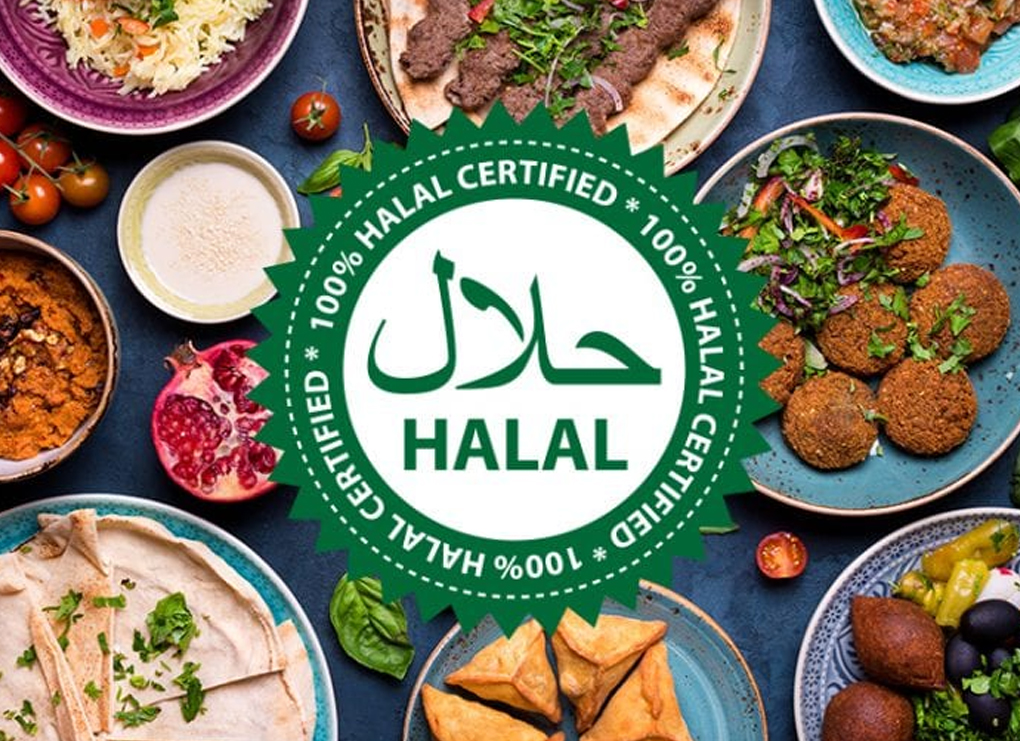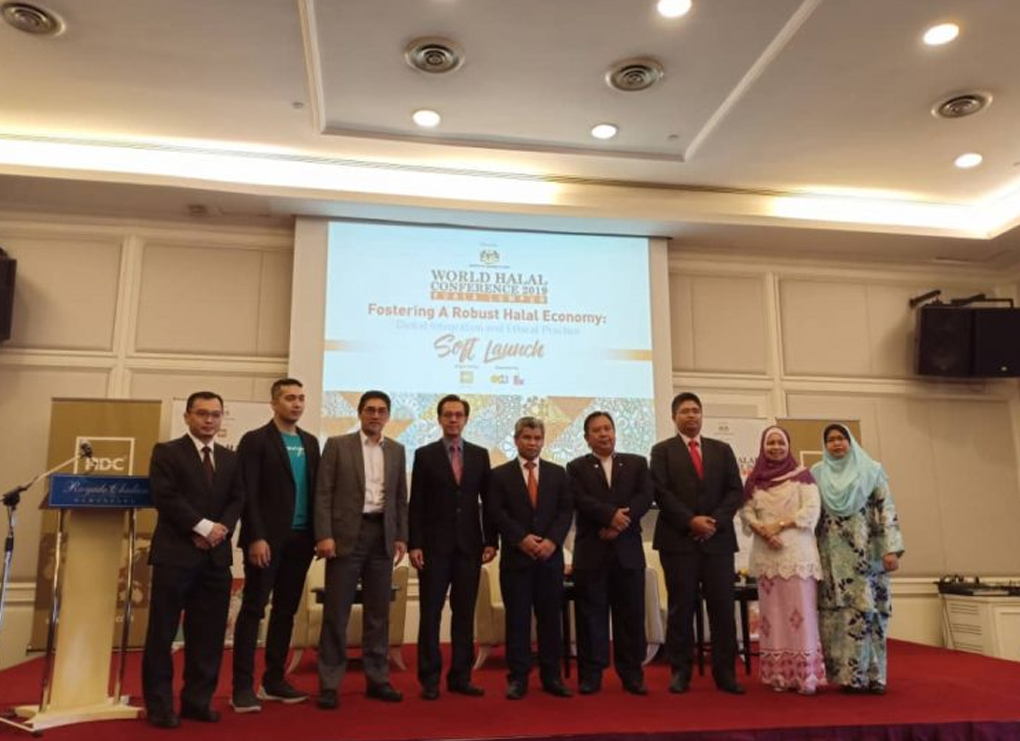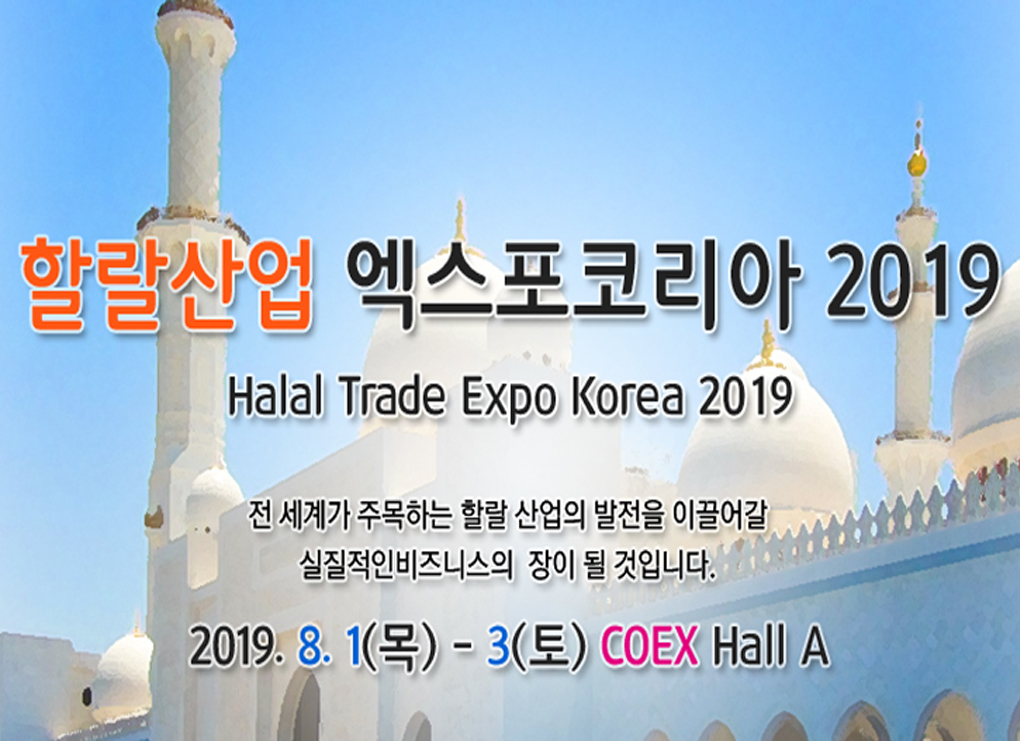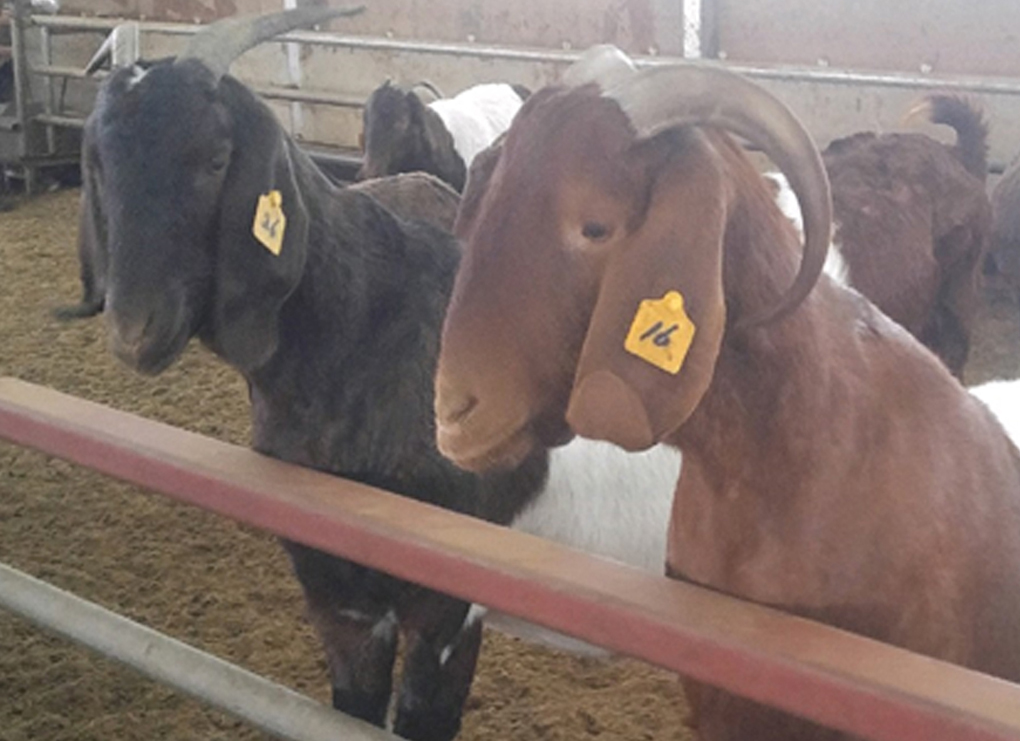Halal on Alibaba
There are a number of lessons for the Muslim world for a market-place e-commerce involving the eight silos of the $1.6 trillion Muslim lifestyle market.
 The potentially largest IPO in the United States, Alibaba Group Holding has generated more buzz than the combined media hype of Facebook, Twitter, Groupon, and, even, Google. The charismatic Chairman of Alibaba, Professor Jack Ma, has showcased the template for jump starting a non-Amazon business for online commerce in a challenging environment. But, there was also an alignment of stars for Alibaba to have a 14-year plus rocket trajectory in China that will eventually see it land on the New York Stock Exchange (NYSE) to raise about $20 billion.
The potentially largest IPO in the United States, Alibaba Group Holding has generated more buzz than the combined media hype of Facebook, Twitter, Groupon, and, even, Google. The charismatic Chairman of Alibaba, Professor Jack Ma, has showcased the template for jump starting a non-Amazon business for online commerce in a challenging environment. But, there was also an alignment of stars for Alibaba to have a 14-year plus rocket trajectory in China that will eventually see it land on the New York Stock Exchange (NYSE) to raise about $20 billion.
There are a number of lessons for the Muslim world for a market-place e-commerce involving the eight silos of the $1.6 trillion Muslim lifestyle market. Those attempting to capture this space must first identify the, say, six gaps and the connect them.
But, Alibaba has not figured out the business model for the Muslim lifestyle market place, even though a similar (but larger) parallel external environment exists in many of the Muslim majority countries and Muslims living in non-Muslim countries.
So, if ‘you (understand it and) build it (correctly), they will come.’ — Field of Dreams
External environment
I find Alibaba interesting on three fronts:
Showcasing the ‘internet-mobile-macro-consumerism-environment’ in China, Alibaba prospectus states:
“China’s real consumption in 2013 was 36.5 per cent of total GDP… world’s largest Internet population with 618 million users as of December 31, 2013… 302 million online shoppers… consumers are expanding the categories of products and services they are purchasing online, which will further increase online and mobile commerce activity… We believe that the increased usage of mobile devices will make access to the Internet even more convenient, drive higher online shopper engagement and enable new applications… has the world’s largest mobile Internet user base with 500 million users… and mobile usage is expected to increase… offline retail market faces significant challenges due to few nationwide brick and mortar retailers, an underdeveloped physical retail infrastructure, limited product selection and inconsistent product quality…”
Can it be said that the Muslim world has a similar external environment, hence, is it at 1999 in Alibaba time for e-commerce to tap $1.6 trillion Muslim consumerism?
Second, the network effect, again, prospectus states:
“The interactions between buyers and sellers create network effects in that more merchants attract more consumers, and more consumers attract more merchants. In addition, our marketplaces are interconnected in that many buyers and sellers on one marketplace also participate in the activities on our other marketplaces… further strengthens our ecosystem.”
Now, will the merchant effect apply to Muslim consumerism? Yes, but, it’s a global B2B play and national b2c and peer2peer play.
Finally, an observation from Alibaba website concerning halal products and suppliers, as of September 12, 2014:
Total ‘Halal’ products: 773,769.
China: 755,343 products or 97 per cent.
India: 6,552 products.
Pakistan: 159 products.
Malaysia: 885 products.
UAE: 193.
Thus, halal products on the Alibaba platform can be said to be a pure (97 per cent) China play. There are a number of challenges in China concerning integrity of the food supply chain, witness the most recent scandals concerning McDonald and expired meats.
In China, according to the Halal Development Corporation (HDC) of Malaysia’s website, there are only three halal certification bodies. But, the highly influential Malaysia based halal certification body, JAKIM, recently withdrew the certification of one of the agencies from its recognized list in February 2014.
Furthermore, as there only 885 or .00000129 per cent halal products from Malaysia, viewed by many as a global leader in halal certification, it would seem to imply that only a small number of Malaysian suppliers (39 see below) have trust and confidence on the ‘halalness’ of the platform.
Query: Why are the remaining 4,400 plus halal SMEs from Malaysia not on the Alibaba platform, as it does not cost them anything (unless they subscribe for premium service)?
Can it be said that in the halal and Islamic finance space, linkage to something that may be ‘compliant challenged’ or with ‘halal holes’ may result negative perception issues for certified/compliant provider.
The total number of halal suppliers is 2071 as of September 12, 2014. It was 6,471 on September 10, but on September 8, 2014, there were more than 10,000 ‘halal’ suppliers, and few weeks ago there were only 1,800 suppliers (credibility?):
China: 1,525 ‘halal’ suppliers or 73 per cent.
India: 94
Malaysia: 39
UAE: 10
There appears to be an integration gap, amongst other issues, between linking certification bodies and seller products, on Alibaba for halal.
Conclusion
The Muslim lifestyle world is waiting for a “…champion (of) small businesses… belief that the Internet would level the playing field by enabling small enterprises to leverage innovation and technology to grow and compete more effectively in the domestic and global economies.”
Countdown to The WIEF in Dubai has begun for the champion.
The writer is a global leader and head of Islamic Economy and senior partner at Dinarstandard. Views expressed by him are his own and do not reflect the newspaper’s policy.
Source : http://halalfocus.net/opinion-halal-on-alibaba/







